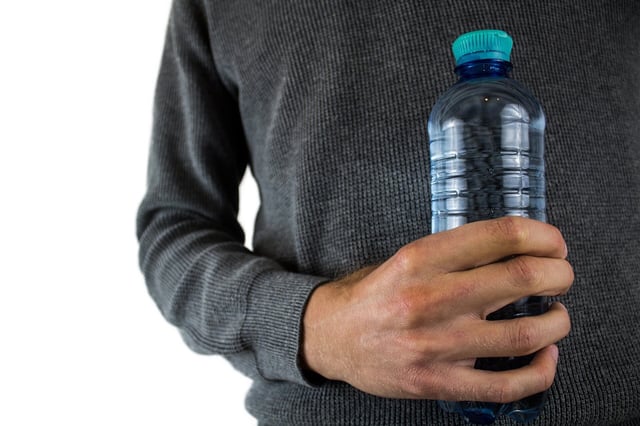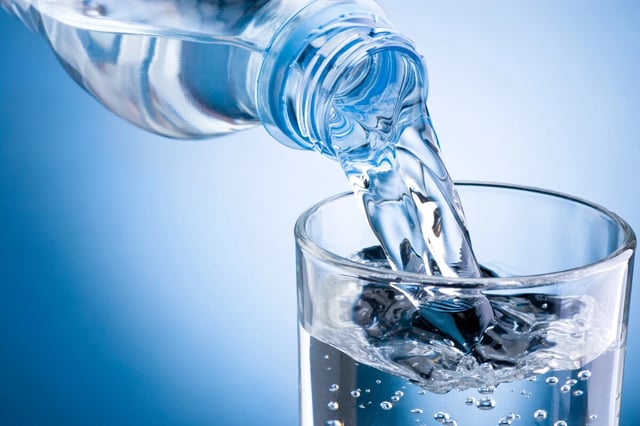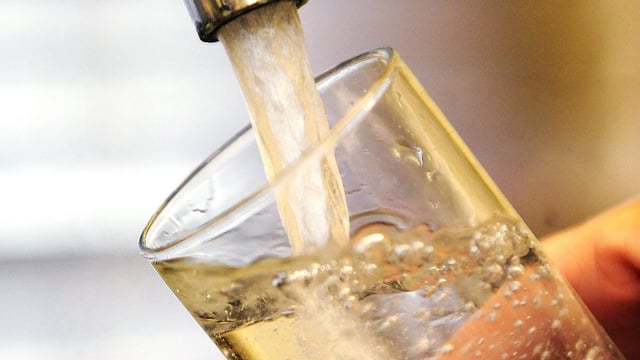Overview
- Peer-reviewed research from Liverpool John Moores University, published August 22 in the Journal of Applied Physiology, compared healthy adults aged 18–35 in the lowest and highest quartiles of habitual fluid intake after screening about 100 people.
- Thirty-two participants kept their usual drinking habits for a week using fluid diaries and smart bottles, then completed the Trier Social Stress Test involving a mock interview and mental arithmetic.
- Those with lower habitual intake showed darker, more concentrated urine and higher plasma copeptin, and greater cortisol reactivity correlated with these hydration markers.
- Both groups reported similar anxiety and had comparable heart-rate increases during the test, yet only the low-intake group exhibited a significant rise in saliva cortisol.
- Authors emphasize the small, observational design cannot establish causality and call for trials to test whether meeting intake guidelines (about 2.0 L for women and 2.5 L for men) alters stress-hormone responses.



